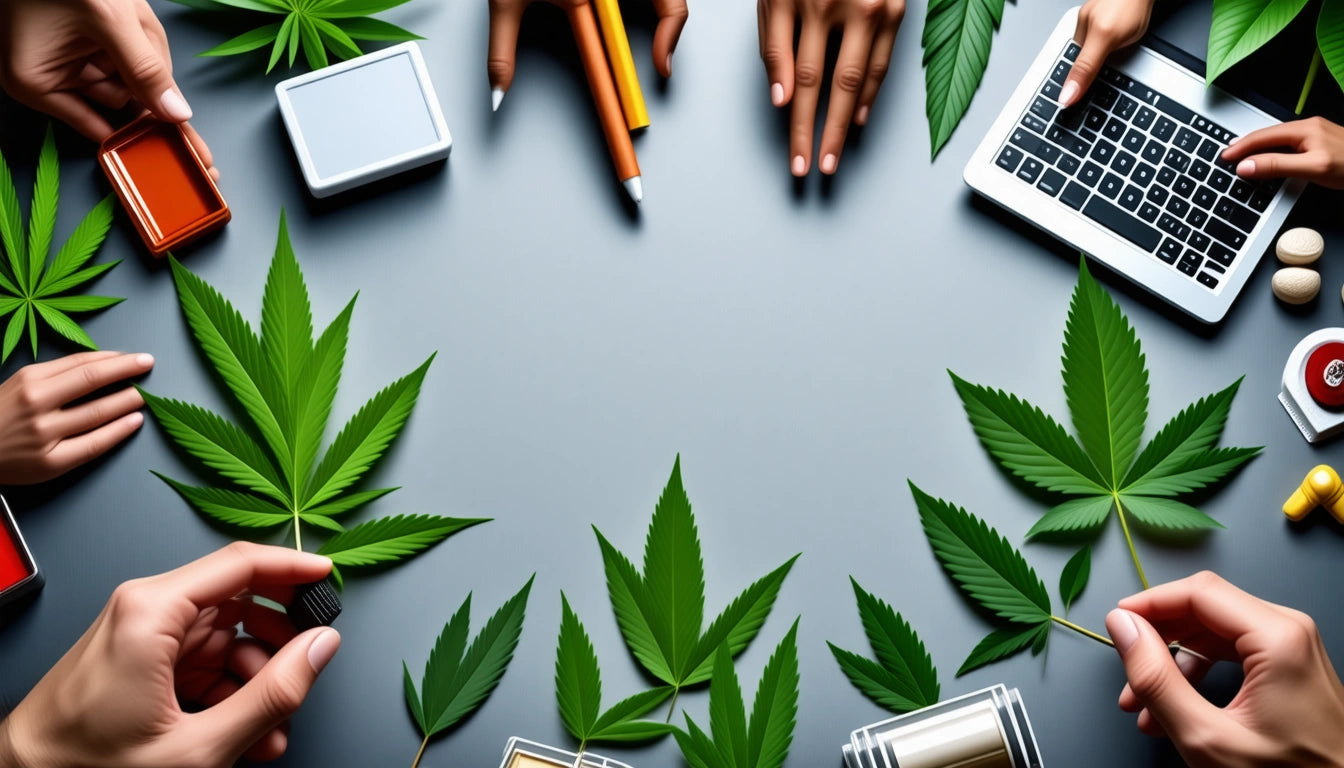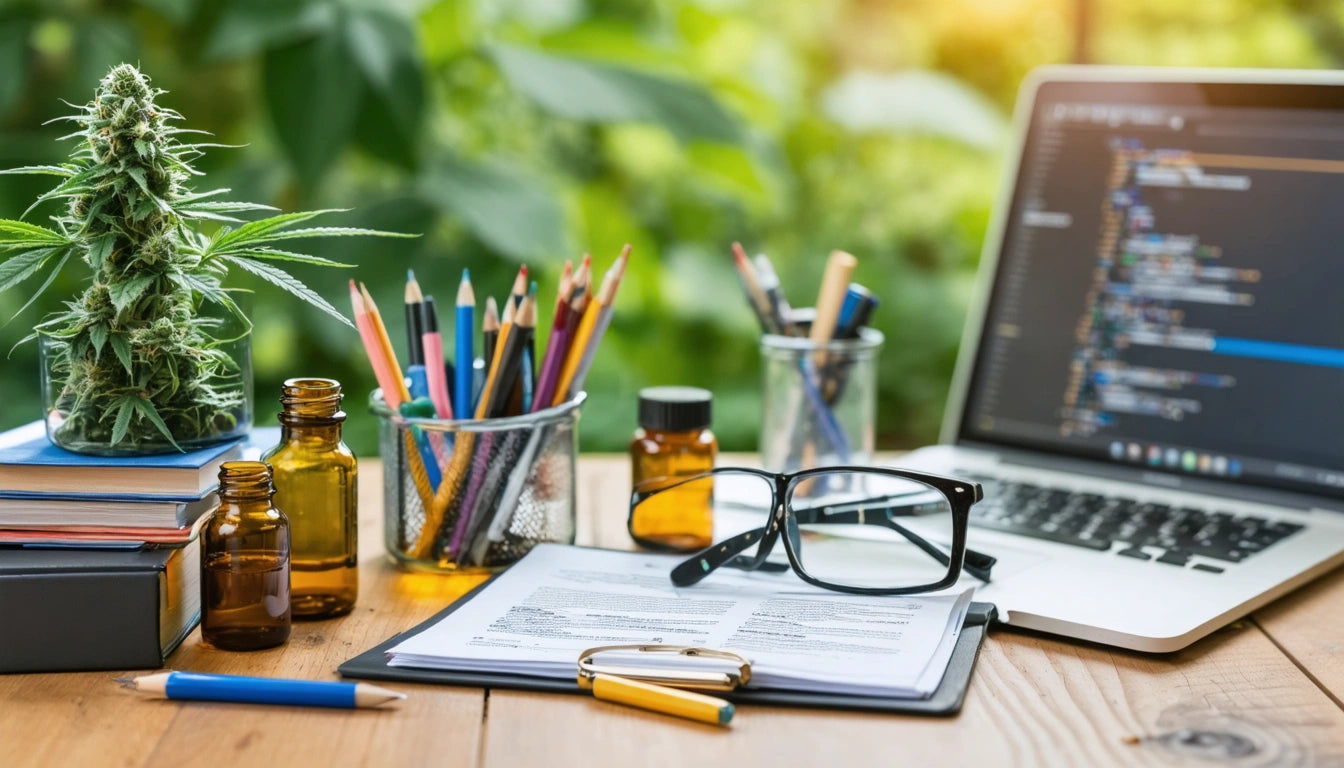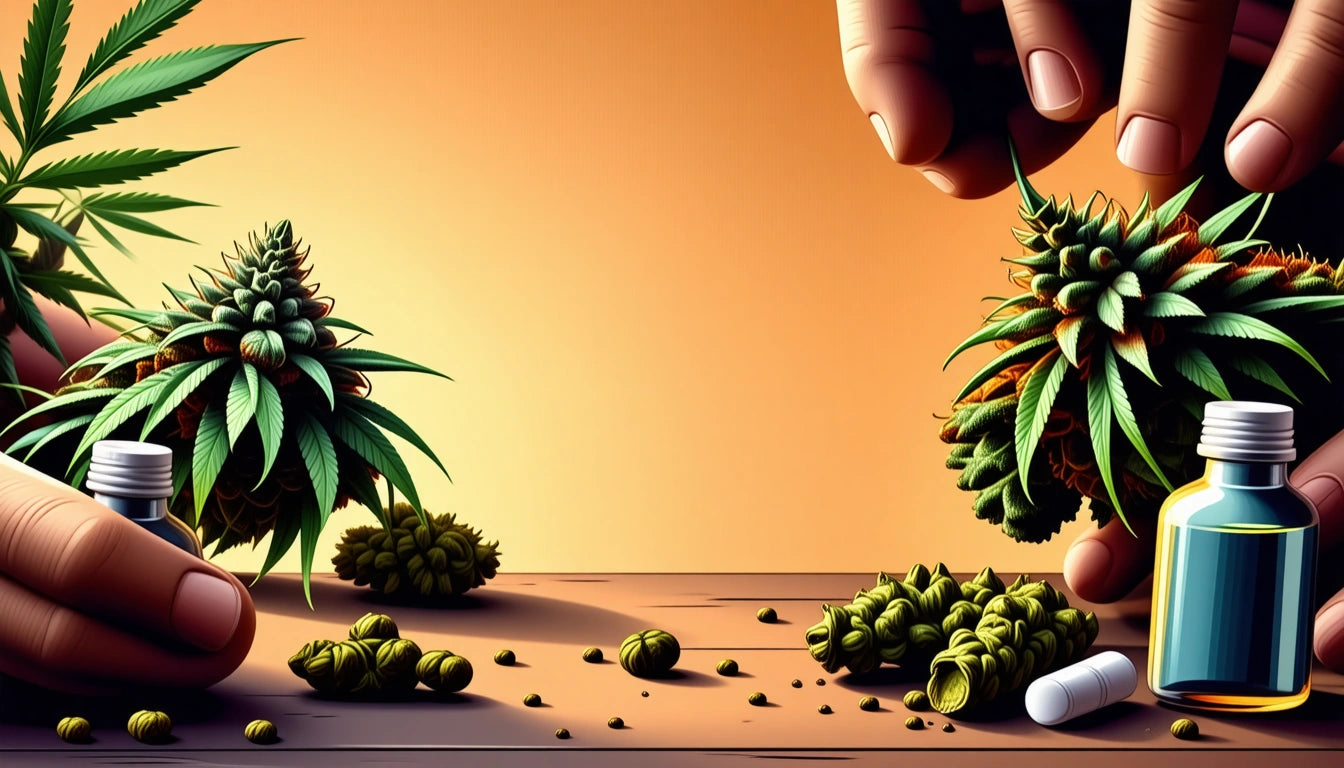Table of Contents
- What Happens When You Smoke Weed: Immediate Effects
- First-Time Cannabis Use: What to Expect
- What Happens If You Eat Weed: Ingestion Effects
- Daily Cannabis Use: Long-Term Considerations
- Mixing Weed and Alcohol: Understanding the Risks
- Cannabis Storage and Potency: What You Need to Know
- What Happens When You Stop Smoking Weed: The Recovery Process
- Moving Forward: Making Informed Decisions About Cannabis Use
Understanding the Effects of Consuming and Quitting Weed: A Comprehensive Guide
Cannabis affects everyone differently, with factors like consumption method, dosage, individual physiology, and environment all playing significant roles. Whether you're curious about what happens when you smoke weed for the first time or what happens when you stop smoking pot, understanding these effects can help you make informed decisions about cannabis use.
What Happens When You Smoke Weed: Immediate Effects
When cannabis is smoked, THC rapidly enters the bloodstream through the lungs, producing effects within minutes. These typically include:
- Altered sensory perception
- Changes in mood (often euphoria)
- Impaired coordination
- Difficulty with thinking and problem-solving
- Increased appetite
The intensity and duration of these effects depend on the strain's potency and the individual's tolerance. As outlined in our guide on marijuana's effects, cannabis impacts both body and mind through interaction with the endocannabinoid system.
First-Time Cannabis Use: What to Expect
Many wonder what happens the first time you smoke weed. First-time users often experience more intense effects due to zero tolerance. Some common first-time experiences include:
- Heightened sensory perception
- Fits of laughter
- Time distortion (minutes feeling like hours)
- Dry mouth and increased thirst
- Potential anxiety or paranoia
It's worth noting that some first-time users report feeling nothing at all. This could be due to improper inhalation technique or the body's initial processing of cannabinoids.
What Happens If You Eat Weed: Ingestion Effects
Raw Cannabis Consumption
What happens if you eat marijuana in its raw form? Consuming raw cannabis or swallowing weed produces minimal psychoactive effects. This is because raw cannabis contains THCA, which must be decarboxylated (heated) to convert to psychoactive THC. If you're wondering what happens if you eat weed by itself, the answer is not much beyond possible digestive discomfort.
For those interested in cannabis consumption methods, pre-rolled options have become increasingly popular as they eliminate the need for manual preparation while offering consistent dosing.
Edible Cannabis Products
Properly prepared cannabis edibles, however, produce stronger and longer-lasting effects than smoking because THC is metabolized by the liver into 11-hydroxy-THC, a more potent compound. Effects typically:
- Take 30-90 minutes to begin
- Peak around 2-4 hours
- Can last 6-8 hours or longer
Daily Cannabis Use: Long-Term Considerations
What happens if you smoke weed everyday? Regular, heavy use can lead to several potential outcomes:
- Tolerance development (requiring more cannabis to achieve the same effects)
- Changes in brain structure and function (particularly in developing brains)
- Potential respiratory issues (when smoked)
- Psychological dependence
Daily use may also impact motivation, memory, and cognitive function in some individuals. These effects vary widely based on individual factors and consumption patterns.
Mixing Weed and Alcohol: Understanding the Risks
What happens when you mix alcohol and weed? Combining these substances can intensify the effects of both in unpredictable ways:
- Increased risk of nausea and vomiting
- Greater impairment of motor skills and judgment
- Higher likelihood of "greening out" (cannabis overconsumption)
- Potential for increased anxiety or paranoia
The order of consumption matters too. Alcohol before cannabis can intensify THC absorption, while cannabis before alcohol may slow alcohol absorption initially but could lead to unexpected intoxication later.
Cannabis Storage and Potency: What You Need to Know
Proper storage is essential for maintaining cannabis potency and quality. What happens if you leave weed out overnight? Exposure to air, light, and humidity can degrade THC and terpenes, reducing potency and altering flavor. Similarly, what happens if you smoke expired weed? While not dangerous, it may be less potent and harsher to smoke.
For more information on cannabis shelf life, refer to our guide on cannabis storage.
Residual Smoke Concerns
Does weed smoke stay in house? Yes, cannabis smoke can linger and adhere to surfaces similar to tobacco smoke, though typically not as persistently. Proper ventilation, air purifiers, and regular cleaning can help minimize residual odors and potential secondhand exposure.
What Happens When You Stop Smoking Weed: The Recovery Process
What happens when you stop smoking pot? For occasional users, cessation may produce minimal effects. However, heavy or long-term users might experience withdrawal symptoms:
- Irritability and mood changes
- Sleep disturbances
- Decreased appetite
- Restlessness
- Cravings
These symptoms typically peak within the first week and gradually subside over 2-4 weeks. Many users report improved mental clarity, memory function, and energy levels after an adjustment period.
Moving Forward: Making Informed Decisions About Cannabis Use
Understanding how cannabis affects your body and mind is essential for responsible use. Whether you're considering trying cannabis for the first time, evaluating your current consumption patterns, or contemplating cessation, knowledge empowers better decision-making.
Individual responses to cannabis vary significantly. Factors like body chemistry, mental health history, and consumption method all influence how someone might react to cannabis use or cessation. For those with concerns about cannabis use or withdrawal, consulting healthcare professionals can provide personalized guidance.
As cannabis legalization expands, so does research into its effects, offering increasingly nuanced understanding of both benefits and risks. This evolving knowledge base helps consumers make choices aligned with their health goals and personal circumstances.











Leave a comment
All comments are moderated before being published.
This site is protected by hCaptcha and the hCaptcha Privacy Policy and Terms of Service apply.